Having a child is a natural course of life for most couples. However, the journey may not be smooth for everyone out there. Several couples cannot conceive when they want to, which takes a toll on their mental health.
In this blog, we will talk about common issues a couple might face on the way.
Reasons for the Inability to Conceive
There could be various reasons that can be better understood if we talk about women’s, men’s, and couples’ issues separately. Let us take a look at common issues women may face that lower their chances of becoming a mother.
Women Factors
Ovulation –
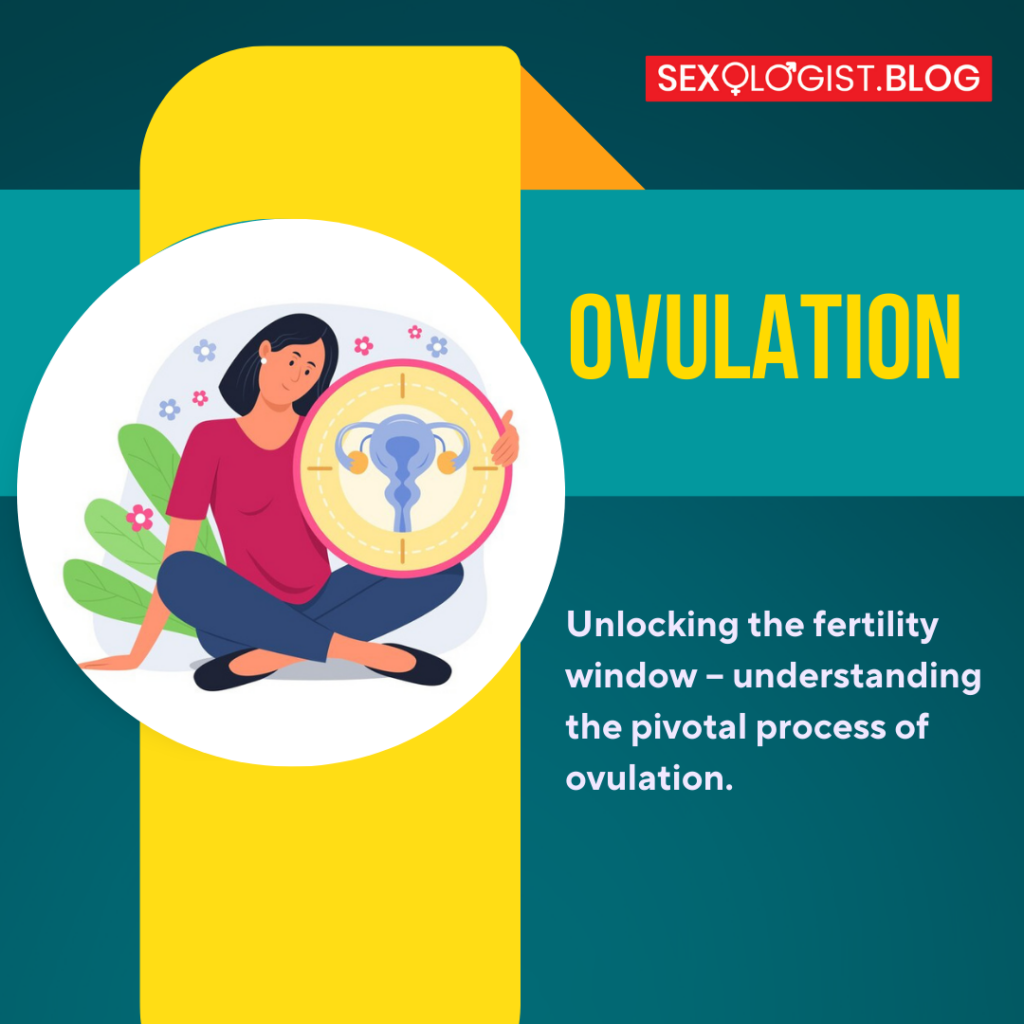
Ovulation is a significant factor that determines reproduction in women. It is the moment of the menstrual cycle when the egg is released, and the body is ready for fertilization.
The ovulation process occurs almost in the middle of a cycle, and the length may vary from person to person. It is the fertile window where chances of conception are higher.
However, it becomes hard for couples to determine the window with maximum conception chances.
It is essential to seek medical assistance if you cannot figure out the fertile window. You can use ovulation tracking apps and kits to determine the days when there are higher chances to conceive.
The kits work by detecting the spike in Luteinizing Hormone (LH) during ovulation. You can also keep an eye on the consistency of cervical mucus. During the period of ovulation, the mucus becomes clear and slippery, resembling egg whites.
Determining these changes can help you find the ovulation period and increase the chances of conceiving during the phase.
Irregular menstrual cycle –
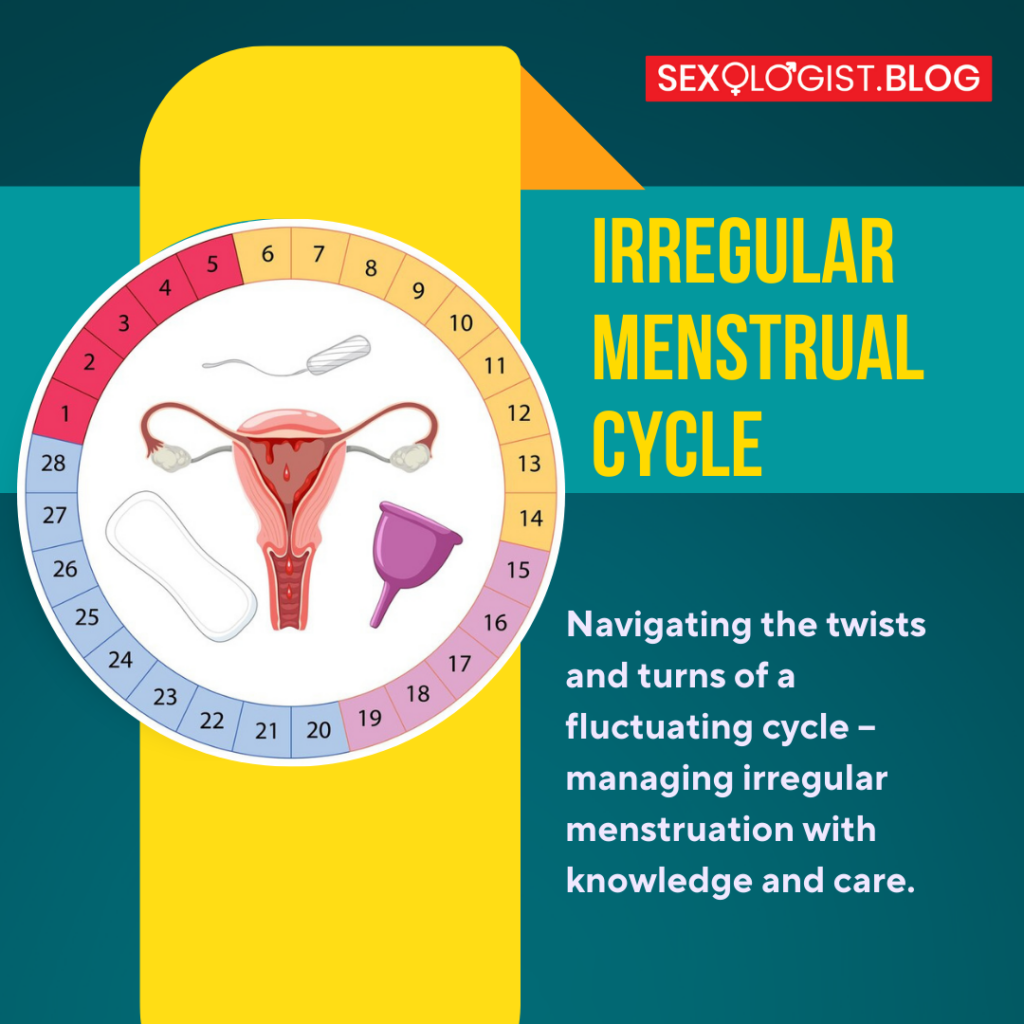
It is a common problem in women and makes it harder to find fertile days. Understanding the average length is crucial to getting a rough idea about the possible fertile days.
The menstrual cycle is 28 days, but the length may vary in different women. A woman can have a cycle of 21-48 days, and it is important to understand the unique nature of the cycle.
The cycles may vary due to high levels of stress, obesity, lack of nutrition, hormonal imbalance, and physical inactivity. It is important to keep a tab on your cycle and get help if you have irregular periods.
Polycystic Ovary Syndrome (PCOS) –
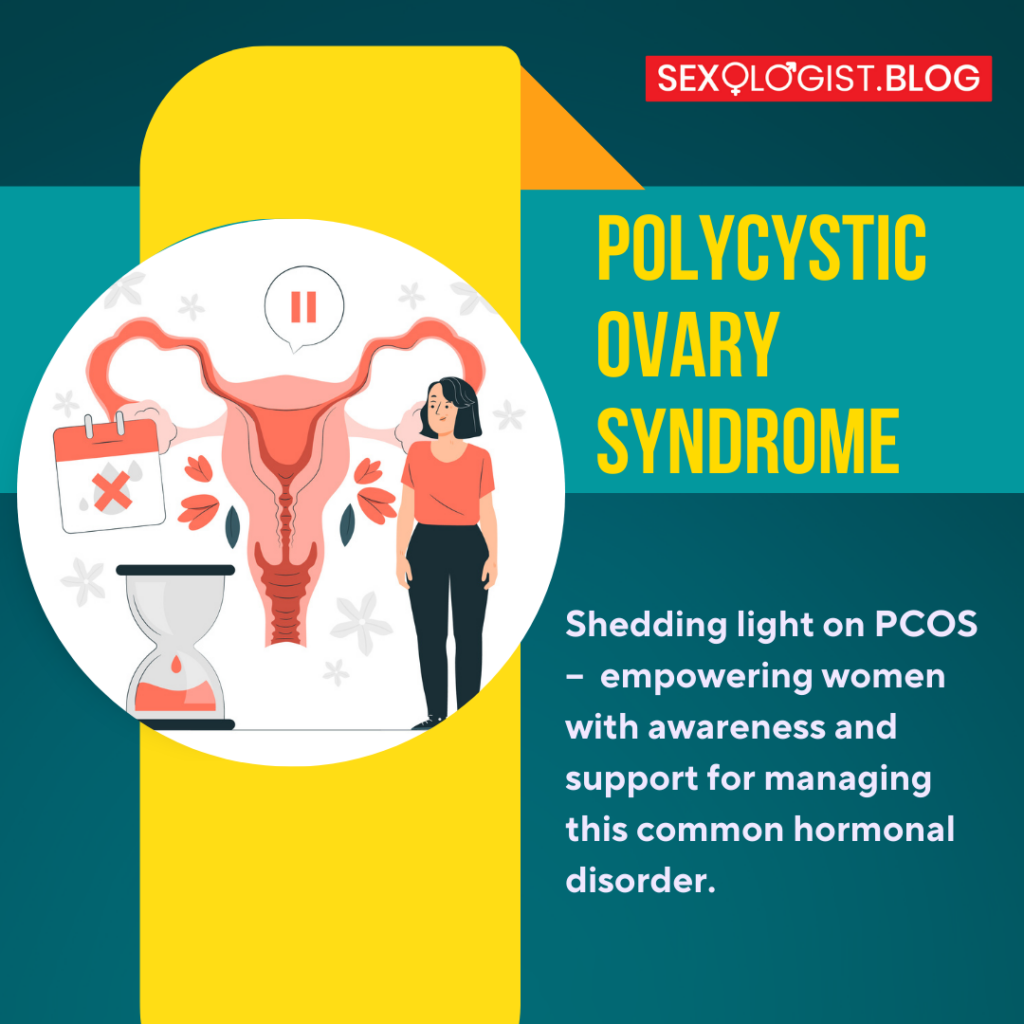
The condition has become more common in today’s women than it was before. A female forms small cysts in the ovaries, hence the name.
The cysts cause problematic ovulation along with other problems, which leads to difficulty in conception. The condition can be managed with diet and weight management.
If the problems persist, you should consult a gynaecologist for a tailored treatment plan.
Endometriosis –
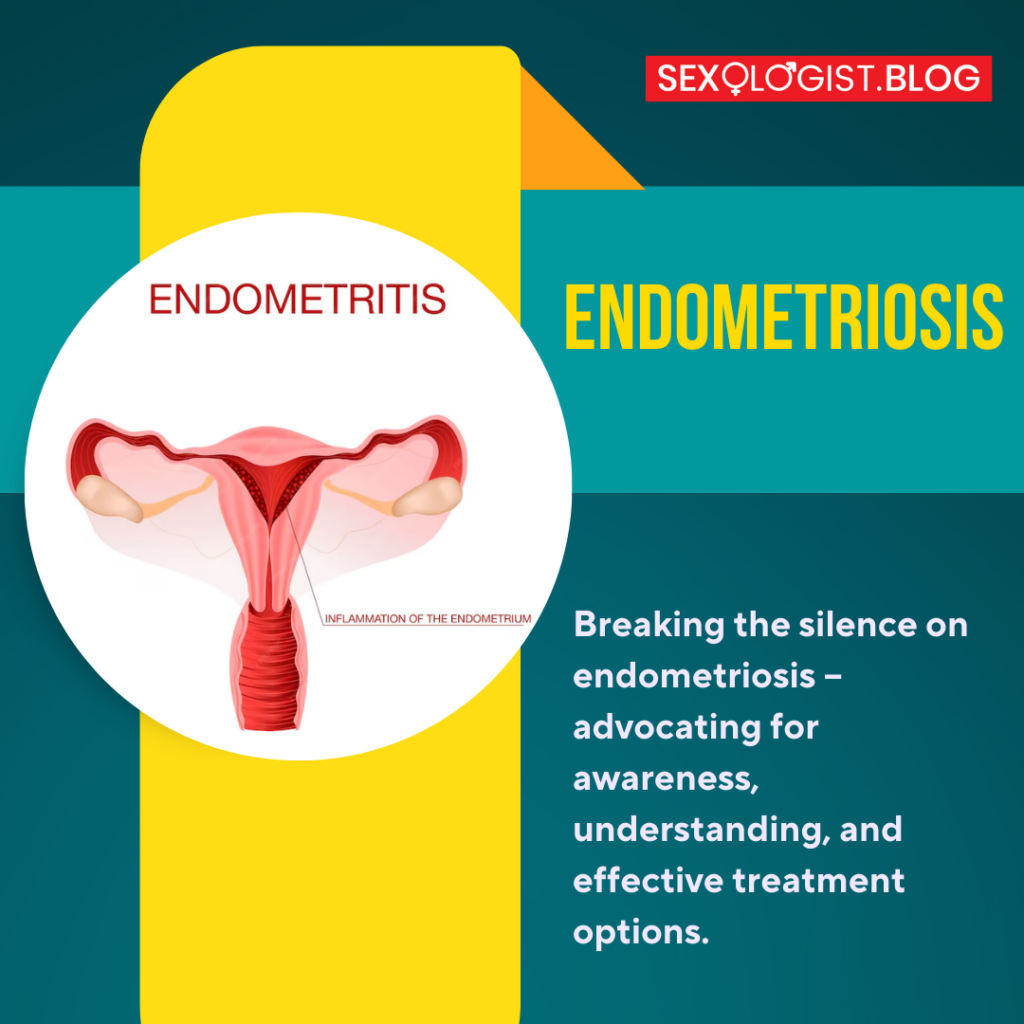
In this condition, an extra layer of tissues grows inside the uterus. It can cause pain in the pelvis, cramping, and irregularities in the menstrual cycle.
The condition also makes it hard for women to get pregnant. It becomes essential to consult your gynaecologist and get it treated.
Hormonal factors –
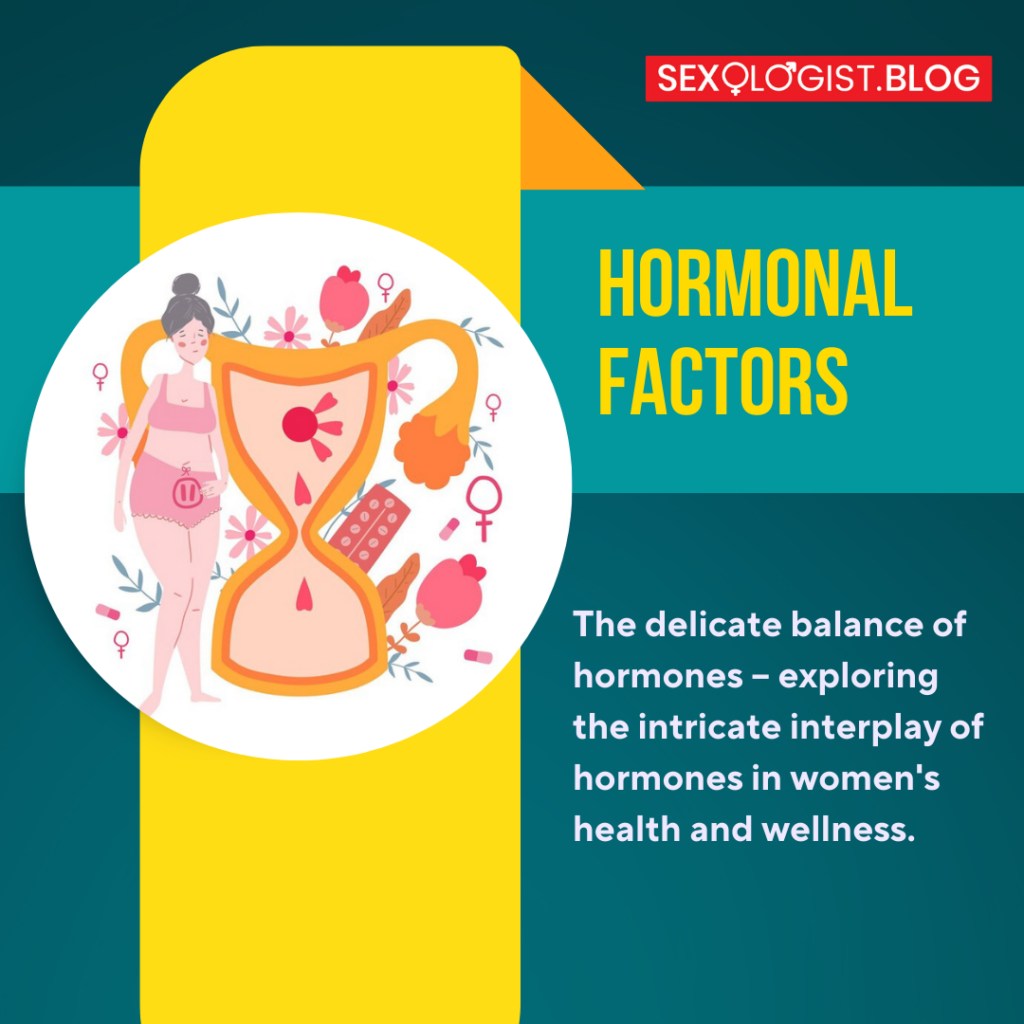
Abnormal hormonal levels can contribute to difficulty conceiving. Hormones play an important role in regulating the menstrual cycle, which further impacts fertility. It is vital to have hormonal balance to get and sustain pregnancy.
Male Factors
Sperm Count and Motility –
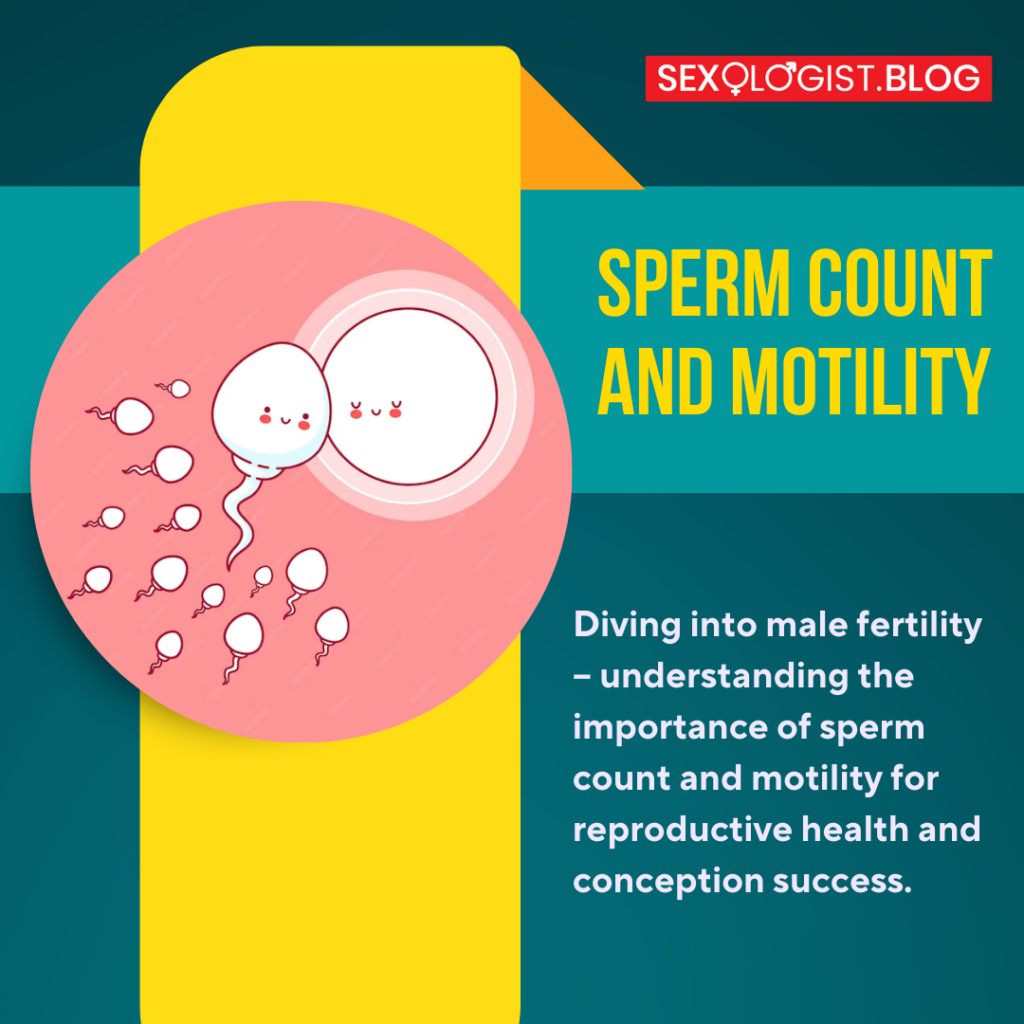
A man may suffer from low sperm count, which makes it harder to get the partner pregnant. You should consult a doctor if you fail to conceive naturally. The healthcare provider may order a semen test that can diagnose the condition.
One may also have poor sperm motility, which makes the sperm unable to reach the egg, which also impacts the chances of successful fertilization.
Sexual Dysfunctions –
Male sexual dysfunctions may cause difficulties with sexual intercourse. Various dysfunctions that can impact the conception are:

Erectile Dysfunction – It is characterized by the inability to get or sustain an erection required for successful sexual intimacy. It can happen due to a variety of physical and psychological reasons.
Being unable to get firmer erections causes problems with getting pregnant. It is vital to consult a sexologist who can unveil the root cause and help you find a treatment plan that works for your specific situation.
Premature ejaculation – Premature ejaculation is another common sexual disorder where a man cannot control the timing of ejaculation. A couple can conceive if the man still ejaculates in the vagina, but for some men, ejaculation is involuntary.
If early ejaculation causes issues with penetrative sex, you might as well talk to a sexologist to find a solution.
Low libido – The lack of sexual desire can interfere with the quality and frequency of sexual intercourse. It might interfere with the chances of getting intimate on a woman’s fertile days, thereby decreasing the chances of conception.
Delayed ejaculation – Prolonged time for ejaculation can affect the chances of ejaculating in the partner. It affects the course of sexual intimacy and decreases the chances of conception.
Hormonal factors – Hormonal balance is equally important for males and affects fertility. Low levels of testosterone can directly influence sperm count and may even cause an array of sexual dysfunctions.
Couple Factors
Timing for sexual intercourse –
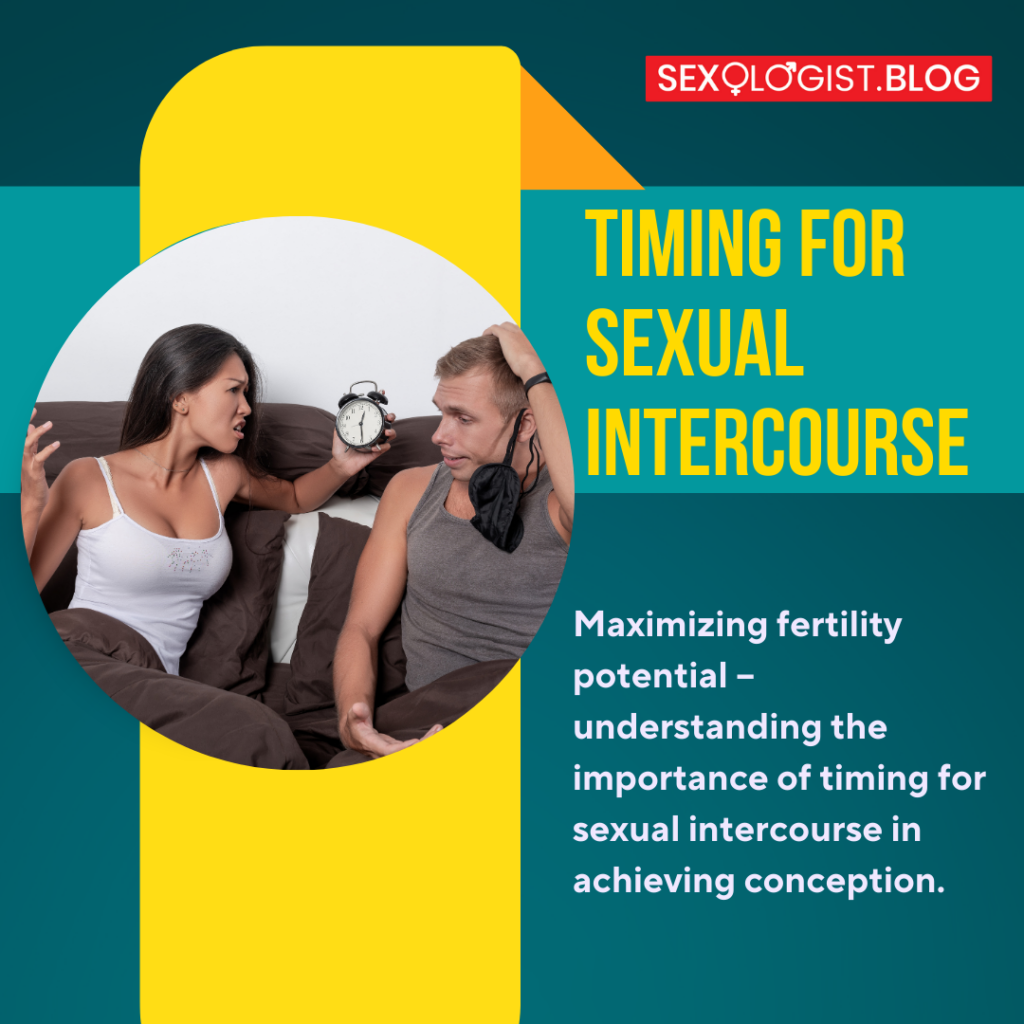
It is one of the common factors that affect a couple’s infertility. Most couples lack awareness and education about the menstrual cycle.
Not knowing about the fertile window or how different phases of the menstrual cycle affect conception can cause issues with conceiving.
It is important for a couple to know about ovulation days and consistently aim for sexual intimacy on those days. You can also consult a healthcare provider to educate yourself on ways to increase the likelihood of conception.
Age –
Increasing age is one of the critical factors that affect fertility, especially for women. There is some truth to the fact that the biological clock ticks at around 30 for women.
While there is no set rule for conceiving a baby, a woman’s fertility starts depreciating after 30 and drops significantly after 35. The quality and number of eggs start decreasing after a point that makes it harder to get pregnant.
Moreover, the chances of miscarriage also increase after 35, which could be due to the increased likelihood of chromosomal abnormalities.
Male infertility also increases after 40 due to decreased sperm quality and number.
Lifestyle factors –
Certain lifestyle factors like smoking, excessive alcohol consumption, and drug abuse can affect fertility. These habits might harm the reproductive organs, causing delay or difficulty in conception.
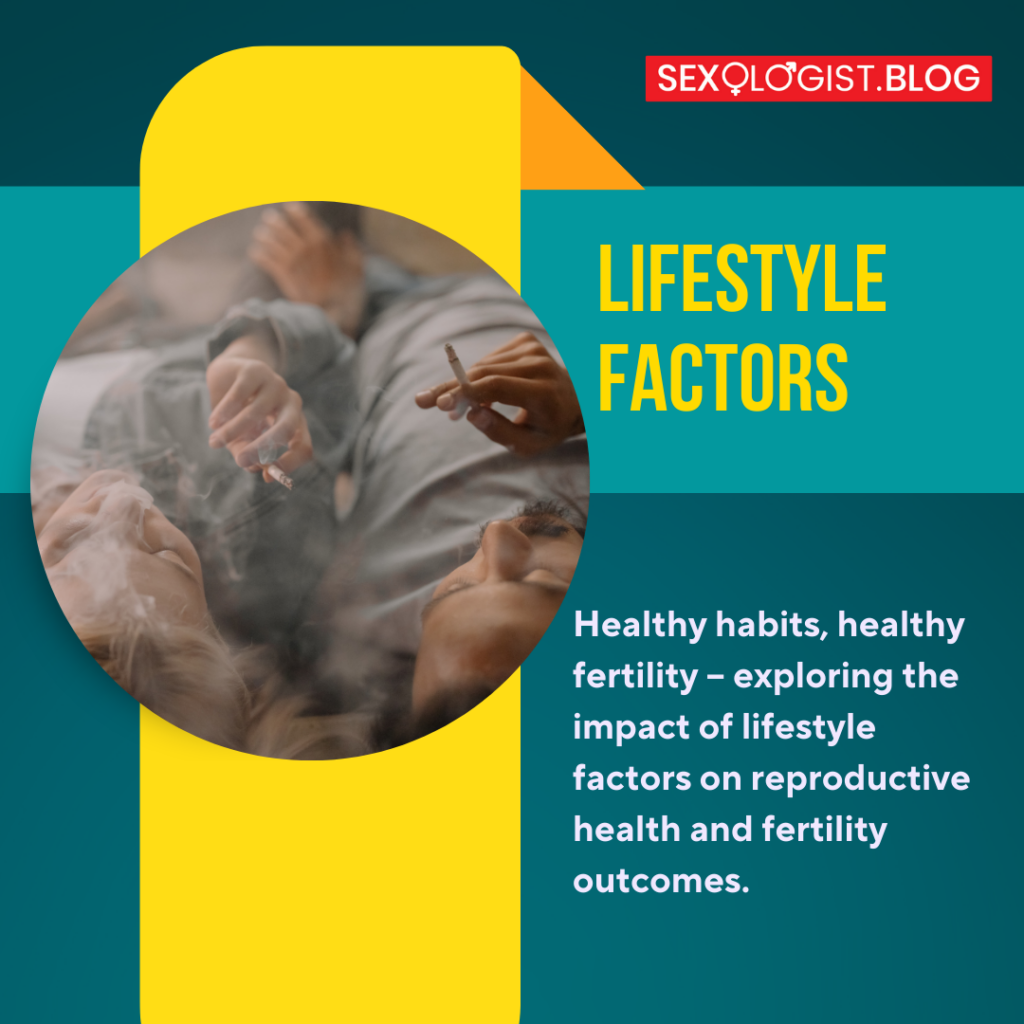
More so, poor dietary habits can also impact overall health, which further influences fertility in both men and women. In the same way, obesity and extreme weight loss can also decrease the chances of natural conception.
Environmental factors –
Several environmental factors can affect the chances of conception in a couple. We seem to ignore factors like excessive use and subsequent intake of pesticides in our daily diet.
However, we are always surrounded by industrial chemicals and pollutants in the air that affect our health. These pollutants are seen to impact hormonal health, which affects sperm quality.
It also causes mental irregularities in women that further interfere with conception in couples.
Stress –
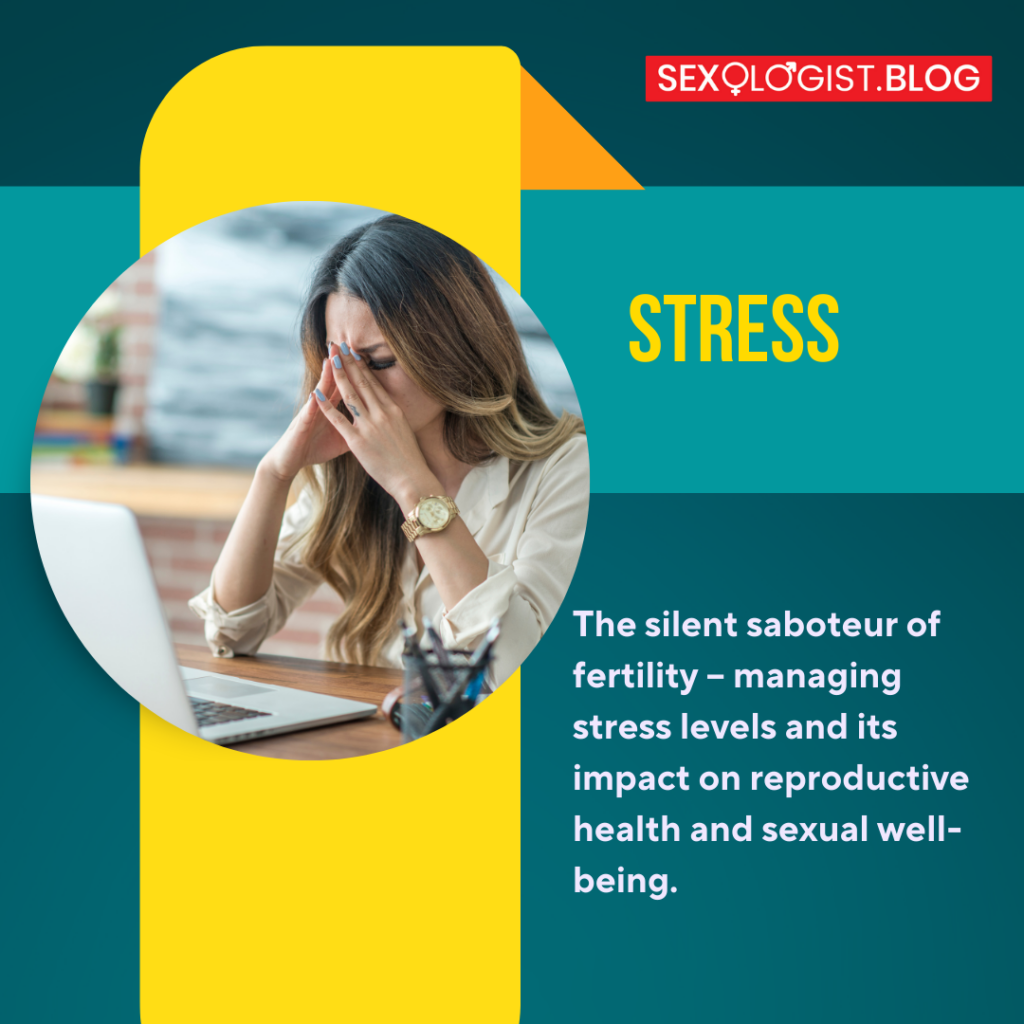
We live in an era where everyone seems stressed about something or another. Persistent stress is known to cause an increase in cortisol levels, which also influence hormonal balance in both men and women.
High stress levels can cause ovulatory issues and may disrupt the menstrual cycle. Stress can also affect the libido, which plays an important role in conception. Being stressed has also been shown to impact sperm quality and quantity in men.
Even when women undergo other procedures to conceive, like in-vitro fertilization (IVF), high stress can increase the chances of failure.
It is crucial to understand the role of stress in getting pregnant. A couple should focus on staying cheerful and happy while trying to conceive. There is a huge role in the mind-body connection, and we need to prioritize mental health to have healthier bodies.
Underlying medical conditions:
Having existing health conditions may affect the body’s ability to conceive. Medical conditions like diabetes, autoimmune disorders, thyroid disorders, and cancer treatment can impact fertility in men and women.
Additionally, a few medications can also affect fertility and need to be evaluated when a couple tries to conceive. It is crucial to talk to your health provider about any existing medical conditions and get the required treatment.
Relationship Issues –

Having a troubled relationship might affect the chances of conception. Sexual dysfunctions can cause emotional and mental stress, which further impacts the relationship.
If you have any issues as a couple that you cannot seem to handle on your own, you should consider talking to a counsellor or a sexologist.
Previous complications –
Previous medical complications like miscarriage, ectopic pregnancy, or other reproductive health concerns can increase the chances of difficulties in conception.
It is important to stay in touch with healthcare providers to avoid these complications.
While these are common reasons for infertility, there are times when you cannot figure out the exact cause. You might get several treatments done and still fail to conceive. It is important to be patient and give it some time.
Stressing out will only decrease the chances of getting pregnant. Do not fixate on it and keep living your life parallelly to maximize the chances.
Bottom Line
There could be several reasons for couples who are unable to conceive. If you have any existing medical condition, you should talk to your doctor to take the first step towards better health.
Moreover, educate yourself about ovulation and fertile window to increase the chances of conception.
Recognizing the importance of mental and physical well-being for having a child is equally important. Adopting changes to fortify your overall health increases the likelihood of becoming a parent.





